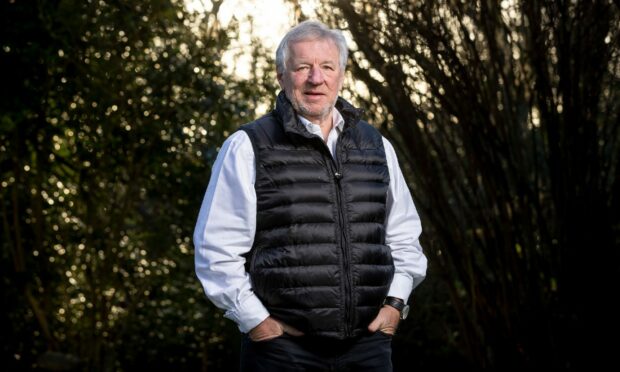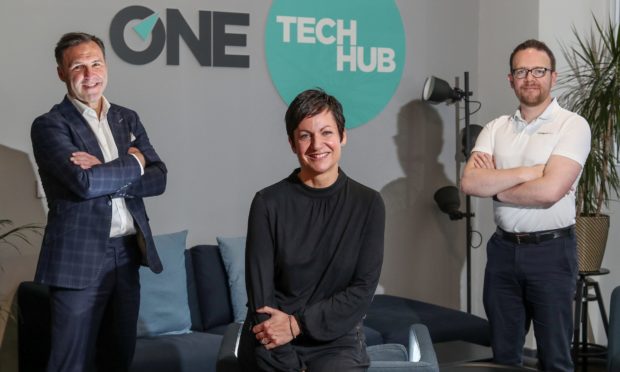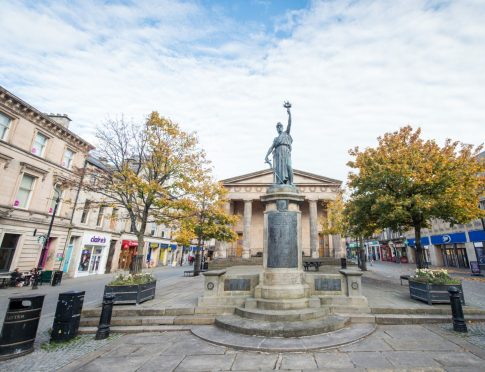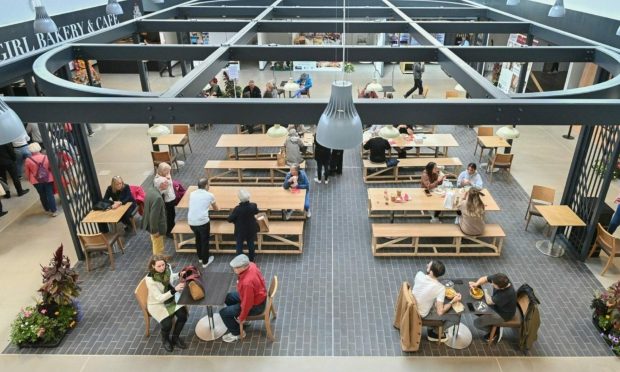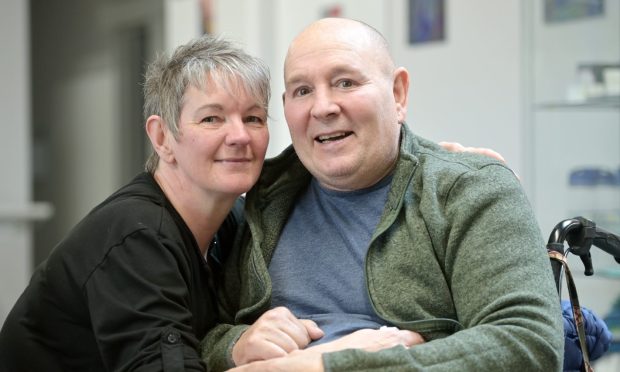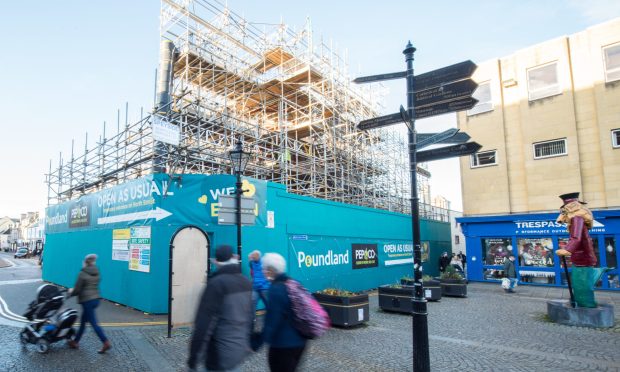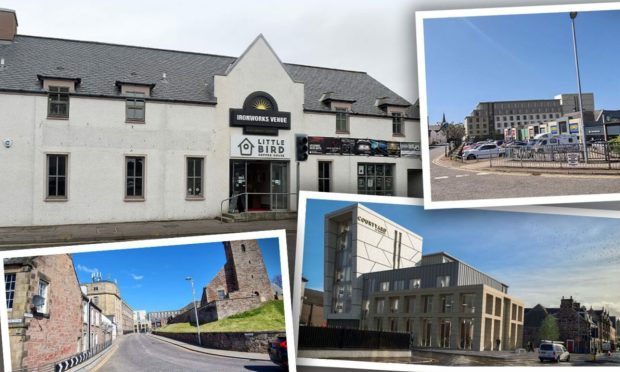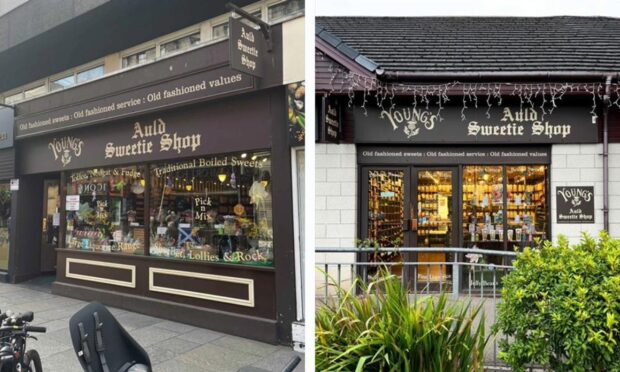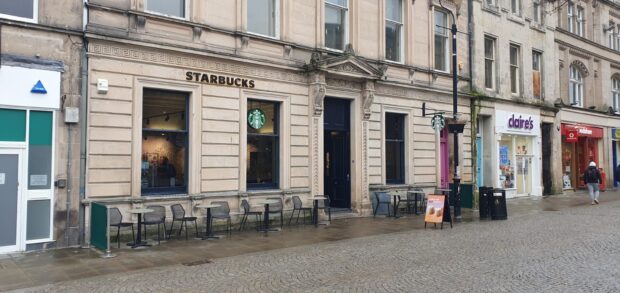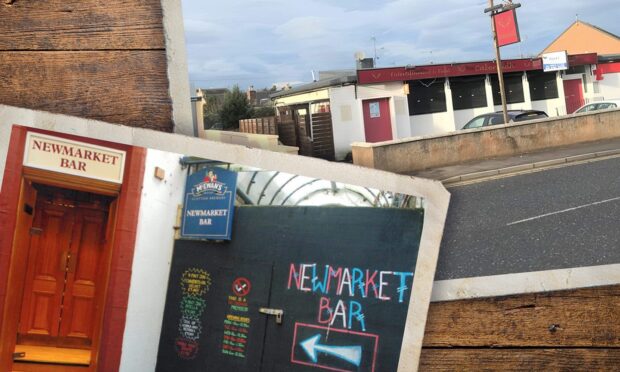All entrepreneurs dread seeing their flourishing business suddenly facing an existential crisis, due to an event completely beyond their control.
These events do not come any blacker than the Covid-19 pandemic.
It’s still too early to calculate the total cost to Scottish business of the coronavirus.
Some businesses still standing may eventually fall, as government support tapers off.
Yet, such is the resilience of the entrepreneurial culture, other firms have grown during the crisis, while some have been started up.
In this mixed picture, the first consideration is the havoc wreaked by the pandemic. The backbone of Scotland’s economy is provided by SMEs (small and medium-sized enterprises).
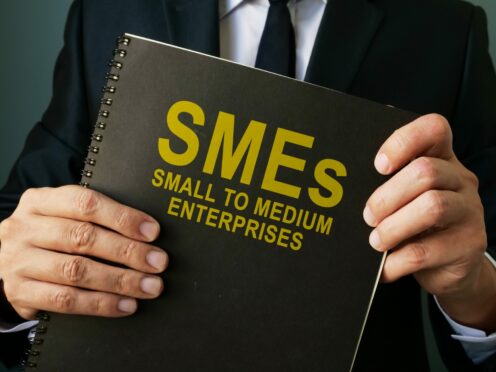
Last year there were 361,875 SMEs in Scotland, representing 99.3% of all private sector businesses.
Of these, 172,411 were registered businesses and 1,304 of them went into liquidation.
According to research published by the Scottish Parliament Information Centre, 24.7% of the firms that failed were involved in professional, scientific and technical activities, and 13.5% in information and communications.
Companies providing accommodation and food services were badly hit. Established companies survived better than start-ups.
Start-ups at risk
Start-ups are vulnerable in their early years, regardless of any health crisis.
The Office for National Statistics records that 1,220 businesses were set up in Aberdeenshire in 2014; only 800 were still active by 2017, reduced to 580 by 2019.
But that five-year survival rate of 48% is higher than the UK average of 43%.
Scottish entrepreneurs rose to the challenge. The Global Entrepreneurship Monitor, based at Strathclyde University, has revealed that last year 247,000 Scots either started up new businesses or were engaged in running recently established enterprises.
The days when Scotland’s detractors described this country as a “dependency culture” are far behind us.”
That amounts to 7.3% of the Scottish population embarking on new ventures in the depths of a pandemic.
Even more encouragingly, 13% of Scottish 18-to-24-year-olds – 60,000 young people – were early-stage entrepreneurs, the highest rate in the UK.
In Scotland, unlike the rest of the UK, people from the most deprived 20% of the population were just as active in starting businesses as the wealthiest 20%.
Clearly, the days when Scotland’s detractors described this country as a “dependency culture” are far behind us.
Digital skills play a big part
Much of the new entrepreneurship is digitally driven. In Aberdeen, Opportunity North East Digital and Entrepreneurship’s new business growth programme is helping local enterprises to plan for growth.
Businesses like Solab IT Services, which developed Onboard Tracker software that manages crewing logistics, certification and competence data for people working on more than 70% of manned rigs in the UK North Sea.
Onboard Tracker is shortlisted in the digital innovation category of the 2021 Offshore Achievement Awards.
Another successful digital enterprise is Aberdeen-based Intelligent Plant, specialising in the performance monitoring of equipment and processes through analysis and visualisation of real-time data.
In 2016 Intelligent Plant opened the world’s first Industrial App Store and the firm recently topped the Metis IP league table for software.
North-east clean energy market thriving
A budding success story is Aberdeenshire-based Trojan Energy, specialising in clean energy.
The company recently secured investment of £2.2 million to roll-out its innovative electric vehicle charging hubs for drivers who park on-street.
It sees huge market potential for its hubs, which are being trialled in the London boroughs of Brent and Camden.
Thriving north-east clean energy firm EC-OG specialises in subsea energy conversion, storage and remote power generation, winning awards for its innovative approach to decarbonising subsea operations.
Entrepreneurs in the north-east have proved their ability to overcome extremely negative conditions.”
Size doesn’t matter if a firm embraces innovation. Offshore Products International, a family firm near Inverurie supplying pipes and valve fittings, with only one full-time employee, has enjoyed its most successful year, with a record turnover of £1.5m.
Facing disaster as Covid closed its Middle Eastern markets, the firm turned to Africa – where it found new customers- and recorded a turnover last year that was £500,000 higher than in 2019.
In a report published last year by digital firm Atos, Aberdeen was rated seventh out of 43 towns and cities in Britain as a good place to start a business. It was also rated fourth for business survival.
Entrepreneurs in the north-east have proved their ability to overcome extremely negative conditions.
Now it’s time for them to build on their existing achievements.
Martin Gilbert is co-founder and former chief executive of Aberdeen Asset Management.
